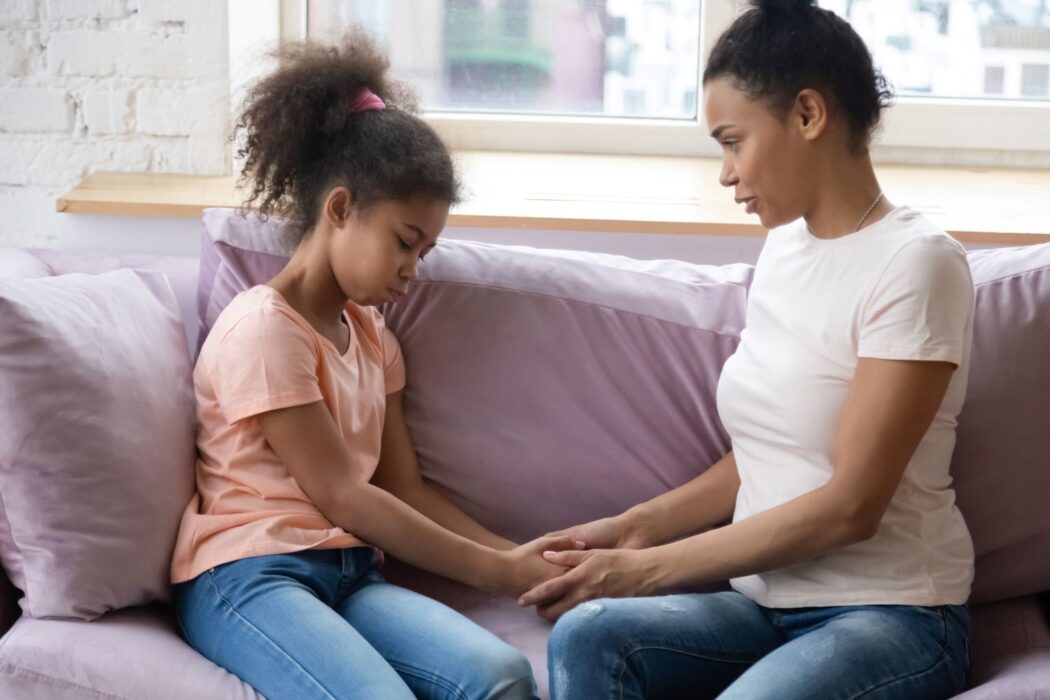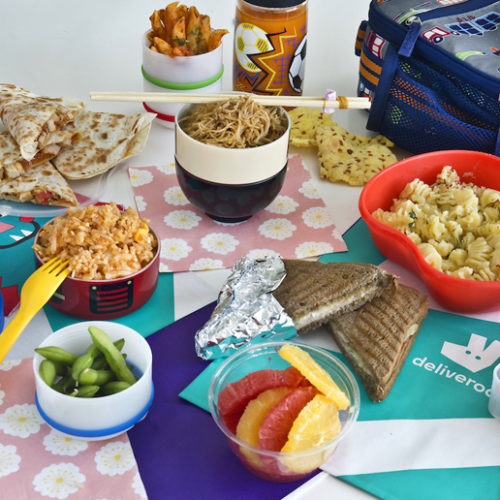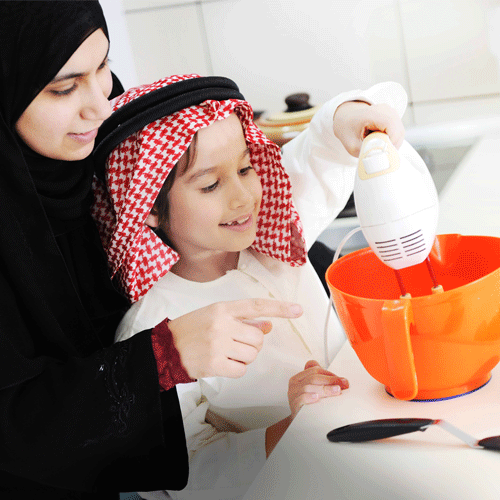The power of saying ‘next time’
Here are the reasons why the words ‘next time’ can work wonders during tricky parenting moments!

Knowing what to say as a parent isn’t always straightforward. There is an overwhelming amount of opinion out there, and sometimes children’s behaviour can feel stressful for mothers to navigate. There is no perfect way to parent, but here is one handy phrase for mothers to keep in mind to use as a tool during tough moments.
LEARNING FROM MISTAKES
Teaching and learning is often considered the best approach to discipline young kids. This way, mistakes become opportunities to teach and grow. As a mother, it can be good to clearly point out the lesson to be learned for your child to take on board. When little ones behave badly or make a mistake, it’s helpful to get them to focus on what to do better, instead of simply punishing them. This is why the words “next time…” can be so powerful.
Punishment creates fear and shame, which can sometimes scare children into doing what they’re told, but isn’t particularly healthy. A better option is to emphasise a solution, by chatting together about what took place and why, alongside what ‘we’ can do better next time. Using the pronoun ‘we’ encourages a feeling of togetherness and support, with both of you learning what to do and striving for better in the future. This atmosphere and the words ‘next time’ create a positive way of framing misbehaviour, so your child sees themselves as a future success, instead of feeling like a failure in the present.
‘LET’S’ AND ‘SO’
‘Let’s’ and ‘so’ are great add-on words to pair with ‘next time’, especially when talking with younger kids. Try saying “next time, let’s not push your sister, so we don’t hurt her” or “next time, let’s ask before we take the paint out, so we don’t make a mess.” ‘Let’s’ primes kids to feel like they want to and can do better whereas ‘so’ tells them why they should. Giving this quick explanation to your child shows them respect, while also showing them what your values and expectations are.
OLDER KIDS
‘Next time’ can still be a great parenting tool for older kids. The trick is to simply turn it into a question, as this allows your child to feel more independent while still communicating your expectation in terms of their behaviour. For example, use sentences like “how will you speak differently next time, so nobody gets upset” or “what will you do next time this comes up?” Using a balanced tone and this kind of wording encourages healthier dialogue and subtly sends your older child the message that things can be fixed.
Keeping the conversation looking towards “next time” doesn’t just help kids feel better about themselves during tricky moments, but actually reviews their behaviour and prepares them for the future, which is how real teaching and learning takes place. All of that in two little words!











Comments